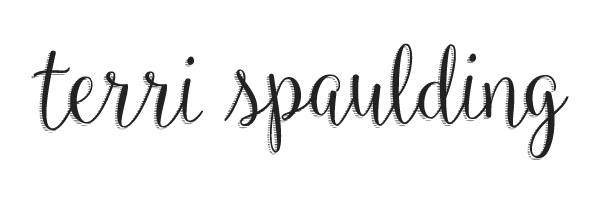
Do You Frequently Feel Like A Dumping Ground?
Ever cringe when the phone rings and the caller id shows the name of a friend who is prone to talking longer than you care to talk? Or when a coworker traps you in the lunchroom and unloads a list of complaints against another coworker, or a boss? Even a quick lunch with a friend can sometimes lead to the exchange of too much information.
One way to determine if you have experienced a dump is if you feel drained, agitated or stressed after the conversation. Maybe the things shared were too personal, making you feel uncomfortable, or they are negative about someone you know, or maybe you are just sick of hearing the same old, same old over and over again with no change in sight.
If you are wondering what you can you do to make sure you don't continue to be a dumping ground, start by setting some personal boundaries.
A boundary is defined as something that indicates limits.
While you might be willing to listen to a friend talk about their bad day at work, you may not be willing to hear them bash their spouse or partner. Only you can know what your personal limits are, and it is up to you to effectively communicate these boundaries. Chances are your friend doesn’t realize they are making you uncomfortable, especially if they have shared this kind of information with you in the past, and nothing was ever said.
While it may feel a bit uncomfortable to tell them how you are feeling, in the long run everyone will feel better about the situation if you tell the truth. It can’t really be beneficial to your friend to have you answer the call with an attitude, and a predisposition to listen with only one ear, or to rush her off the phone. And you will not feel good about the friendship if you feel drained after every interaction or conversation with her.
It is up to you to set your personal limits.
Try these simple techniques next time you find yourself in the awkward position of being on the receiving end of a friend or coworker dump.
Redirect. Divert. Change the subject. Whatever you decide to call it, you are taking control of the situation and moving it to safer ground. Find something that you can handle talking to your friend about and settle in to listen.
Limit the time you have. From the very beginning of the call (or meet up) set your time boundary. "I only have 5 minutes before I am leaving the house" in the case of an unexpected phone call, or "I have about 10 minutes before I need to get ready for my next appointment" to the coworker stopping you in the lunchroom. When on a lunch date with a long-winded friend gently remind them before you have to rush off that it is indeed a lunch "hour" and you really need to get back to work on time.
Choose a time that you ARE willing to listen. No one likes to be interrupted when they are under a deadline or in the middle of something, so if you know your friend needs to let off some steam, choose a time that works for you. Set aside some time on the weekend, or a weeknight and be specific on the start and end times you are available. Give your friend your undivided attention within the timeframe of your choosing.
Speak up. When all other efforts have failed and you cannot endure another conversation, say something. You will feel better about being honest, and your friend or coworker will eventually feel better knowing how you feel. They deserve to be heard, and someone else on their friend list may be more willing to listen.
Don’t feel guilty. Think about it, would you want a friend to keep quiet if they felt you were repeatedly dumping on them? You’d want them to tell the truth, nicely of course. So treat them as you would wish to be treated by them.
Keep this simple adage in mind: one of the best ways to help other people feel happier is to be happy yourself. Setting your boundaries might be just the ticket to happiness all around.



